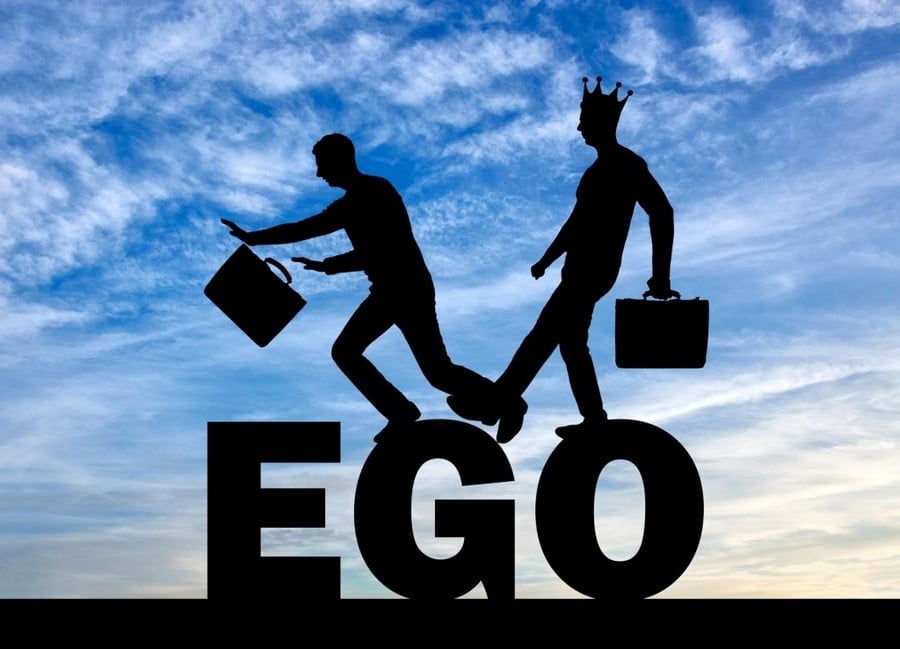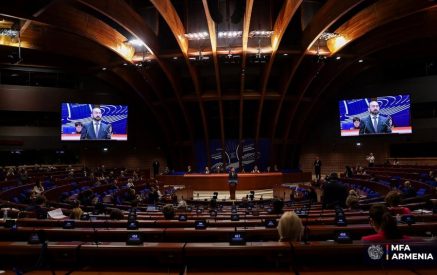If there are no objective values, then you can say and do anything.
We often say someone has “gone off the rails,” meaning their behavior no longer conforms to the norms accepted by society. Or we say, “he’s completely lost his shores.” This especially applies to those in power, who often become dizzy with authority and lose control over their words and behavior.
But I suggest we view the issue more broadly—not only in relation to government officials who have lost their sense of adequacy, but also in relation to ourselves. What does “shores” mean in this context? I believe it refers to objective, non-negotiable values—those things outside of us, above each of us.
Why are shores necessary?
Read also
Developing this metaphor, Catholic Bishop Robert Barron explains that banks don’t restrict a river—they guide it. Without them, the river doesn’t know where to go. The water spills out, spreading aimlessly. It ceases to be a river and becomes a stagnant pond where everyone floats on their own little mattress. In such a “pond,” at best people merely tolerate each other. More often, they are enemies—because one person’s “ego,” “autonomy,” or “freedom” inevitably collides with the ego, autonomy, and freedom of another.
True freedom begins when we reject the illusion of freedom defined by our egos, and choose to live within certain shores—boundaries that give shape and meaning to our lives. As the Gospel of Matthew says, “Whoever wants to save his life will lose it, and whoever loses his life for my sake will find it” (Matthew 16:25). This may seem paradoxical at first. People enslaved by money, status, entertainment—especially the “pleasures” of the digital world—and the constant pursuit of “success,” believe they are free. But are they?
Imagine two people—say, spouses—who only ever look at each other. Now imagine the same two people standing side by side, looking together toward something greater than themselves: a shared value, a higher principle, a common belief. In which case is their bond stronger? I don’t think anyone would doubt that it is the second. Whether we are two, a hundred, or a million—it is what stands outside of us, above us, that holds us together.
Now ask yourself this: when a government has no purpose beyond maintaining its own power, does it want society to be a river—or a pond? Obviously, such a government prefers the pond: isolated people, floating alone, disconnected from one another. A government like that has no interest in objective values. On the contrary—it wants everything to be relative. In that case, a pond is far more desirable than a river. A pond where everyone hates everyone.
What are our “shores”? What are the banks that shape us?
The Church. Faith. Nation. History. Identity. Homeland.
And that’s precisely why they are under attack. It is their objectivity that’s being questioned. If everything is relative, if “everyone has their own truth,” then defeat in war can be rebranded as a “success story.” We can extend this logic Orwell-style: war is peace, freedom is slavery, ignorance is strength.
We can, from our self-appointed judge’s bench, call priests “dogs” and address the Catholicos by the name of a basin. Because if there are no shores—no “stop”—then there are no boundaries, for anyone, anywhere.
Egoism. Isolation. Hatred.
This is the lifeblood of the current regime. Its ultimate goal is to make sure that nothing unites us.
Aram ABRAHAMYAN























































